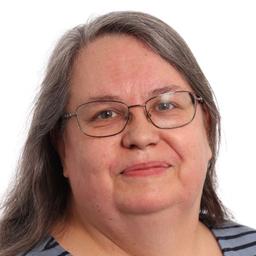
Digitalisation of society, development of AI and the important role of information technology in both everyday and working life affect the professional activities of a translator. The nature of translators work has changed recently: in addition to traditional translation, it also includes many related activities such as information mining, terminological work, translation memory maintenance, etc. The translators professional skills are no longer based solely on strong language and communication skills but the importance of IT skills is increasing all the time. These challenges affect the research in translation studies as well.
Research focus and goals
The aim of the COSSTT research group is to investigate the discourses of specialist disciplines. Our research combines linguists and translatologists points of view and uses corpus-based and quantitative methods combined with qualitative methods.
At the moment, the focus of our research is on the legal language (e.g. laws and treaties), but we are going to study other specialist fields as well (technology, economy, medicine, etc.).
We build text corpora (e.g. PEST <Parallel Electronic Corpus of State Treaties, Fi-Ru + Fi-Swe + Swe-Ru + En-Fr-Ru-Fi-Swe>, FiRuLex <comparable corpus of legal texts, Finnish-Russian>), perform terminological work and develop our own research tools such as TextHammer, a web-based application for editing and querying corpora and MyTerMS Terminology Tool.
The research interests of the group include:
- studying development of specialized discourse and its genres
- a contrastive study of specialized texts in different languages
- influence of pragmatic elements on the theoretic and structural features of specialized texts
- interaction between text and reader
- corpus-based research with an emphasis on multilingual corpora
- corpus-based terminological work
Leader
Mikhail Mikhailov
Professor, translation studies (Finnish and Russian) Mikhail Mikhailov
Mikhail Mikhailov



